Vets workshop on the rationale, barriers, and solutions for Ticks and Tick-borne disease control under the STOP (farmers Support for controlling Ticks and tick-borne diseases Project) in Kiboga District
2024.02.13
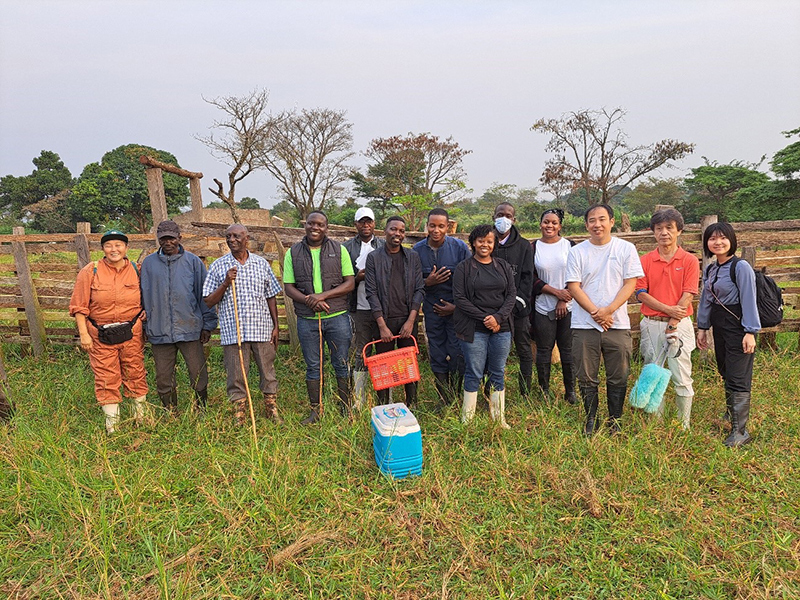
As the Farmer Support for Controlling Tick and Tick-borne diseases nears its closure in April 2024, Prof. Suzuki from Obihiro University of Agriculture and Veterinary Medicine, the project team from Makerere University College of Veterinary Medicine, Animal Resources and Biosecurity (Mak. Univ CoVAB), Kiboga District Local Government- Vet department and the JICA Uganda team, led by the Senior Representative, held an interactive workshop to discuss the topic at hand.
In the North-East to South-West region of Uganda, known as the ‘cattle corridor,’ the livestock industry is central to the livelihoods of the local population. However, cattle infections caused by ticks are afflicting livestock farmers.
There has been a continued rise and spread of ticks and tick-borne diseases in Kiboga district. This unfortunate reality is forcing veterinary professionals to examine what can be done better to prevent ticks and reduce tick-borne illness in the short term and into the future.
The workshop focused on one increasingly common scenario in Kiboga where livestock locally are at risk for exposure to ECF (East Coast Fever).
Heart Water is an occasional case, but lectures were given on request because participants had little knowledge of the subject.
There is considerable interest in vaccines, which have potential in blocking transmission of multiple pathogens transmitted by multiple tick species. Vets were urged to gather relevant information needed on ticks and tick suppression methods from reliable veterinary sources or professional organizations to be able to make an informed decision.
It is important for livestock farmers to understand which species of ticks are present to test for acaricide resistance by testing in the Kiboga laboratory, which is now well equipped and has the capacity to provide guidance on the control methods to be used.
According to the veterinary experts from the project, integrated tick management for livestock farmers might require further public-private partnerships that would encourage commercial development of effective and affordable acaricide and expedite the development and implementation of existing and new intervention technologies.
The programme has brought hope in Uganda’s livestock industry and has contributed to capacity building of local veterinarians.
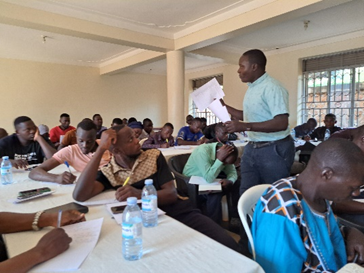
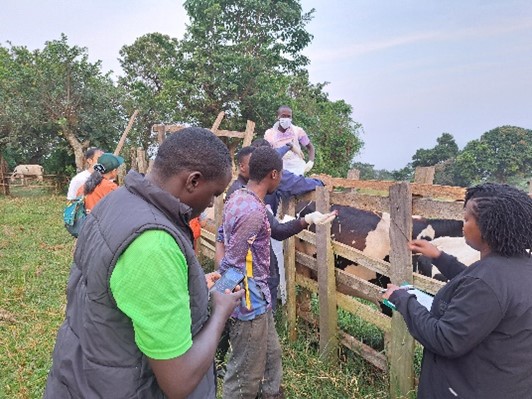
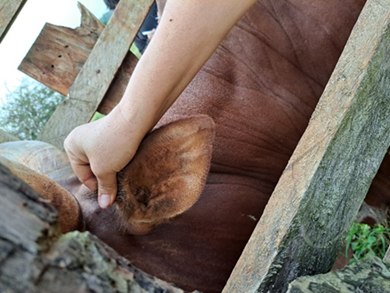
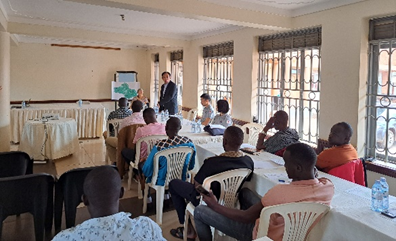
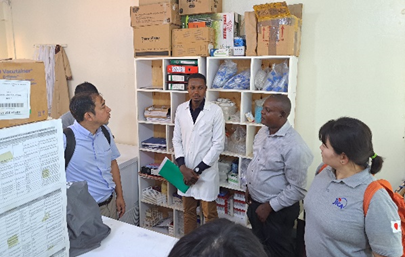
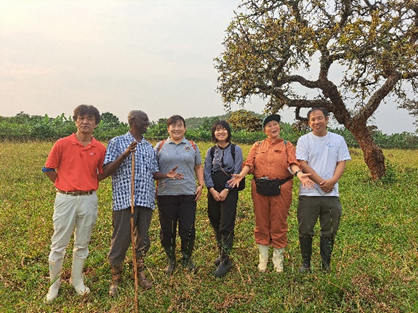
scroll